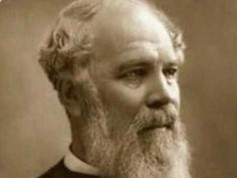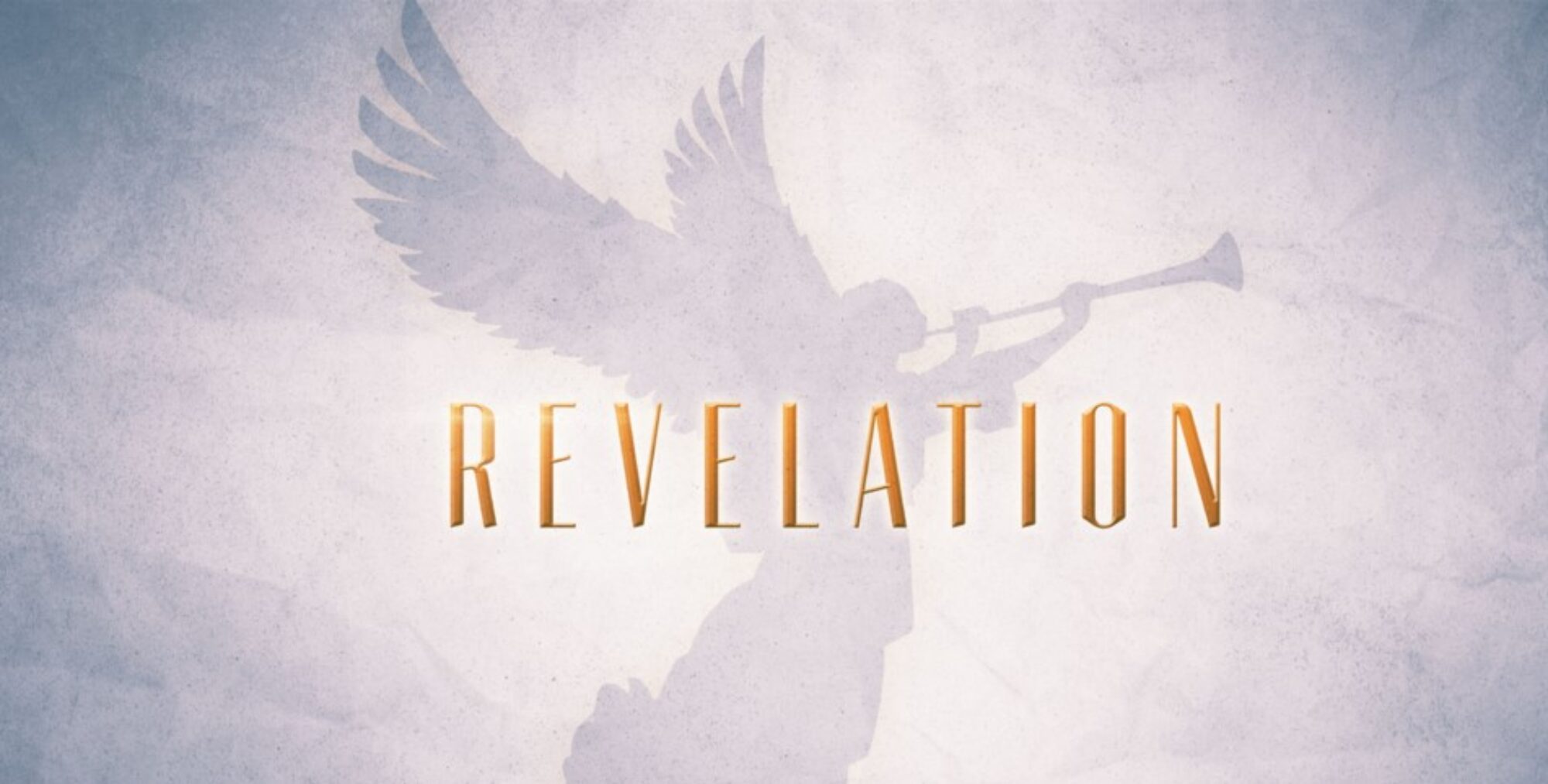
There is an amazing ignorance of Scripture among many, and a consequent want of established, solid religion. In no other way can I account for the ease with which people are, like children, “tossed to and fro, and carried about by every wind of doctrine.” (Eph. 4:14.) There is an Athenian love of novelty abroad, and a morbid distaste for anything old and regular, and in the beaten path of our forefathers. Thousands will crowd to hear a new voice and a new doctrine, without considering for a moment whether what they hear is true.—There is an incessant craving after any teaching which is sensational, and exciting, and rousing to the feelings.—There is an unhealthy appetite for a sort of spasmodic and hysterical Christianity. The religious life of many is little better than spiritual dram-drinking, and the “meek and quiet spirit” which St. Peter commends is clean forgotten. (1 Peter 3:4.) Crowds, and crying, and hot rooms, and high-flown singing, and an incessant rousing of the emotions, are the only things which many care for.—Inability to distinguish differences in doctrine is spreading far and wide, and so long as the preacher is “clever” and “earnest,” hundreds seem to think it must be all right, and call you dreadfully “narrow and uncharitable” if you hint that he is unsound! . . . All this is sad, very sad. But if, in addition to this, the true-hearted advocates of increased holiness are going to fall out by the way and misunderstand one another, it will be sadder still. We shall indeed be in evil plight.
J. C. Ryle, Holiness: Its Nature, Hindrances, Difficulties and Roots (London: William Hunt and Company, 1889), xxvii–xxviii.
This book is in the public domain and may be downloaded here: Holiness – J. C. Ryle
